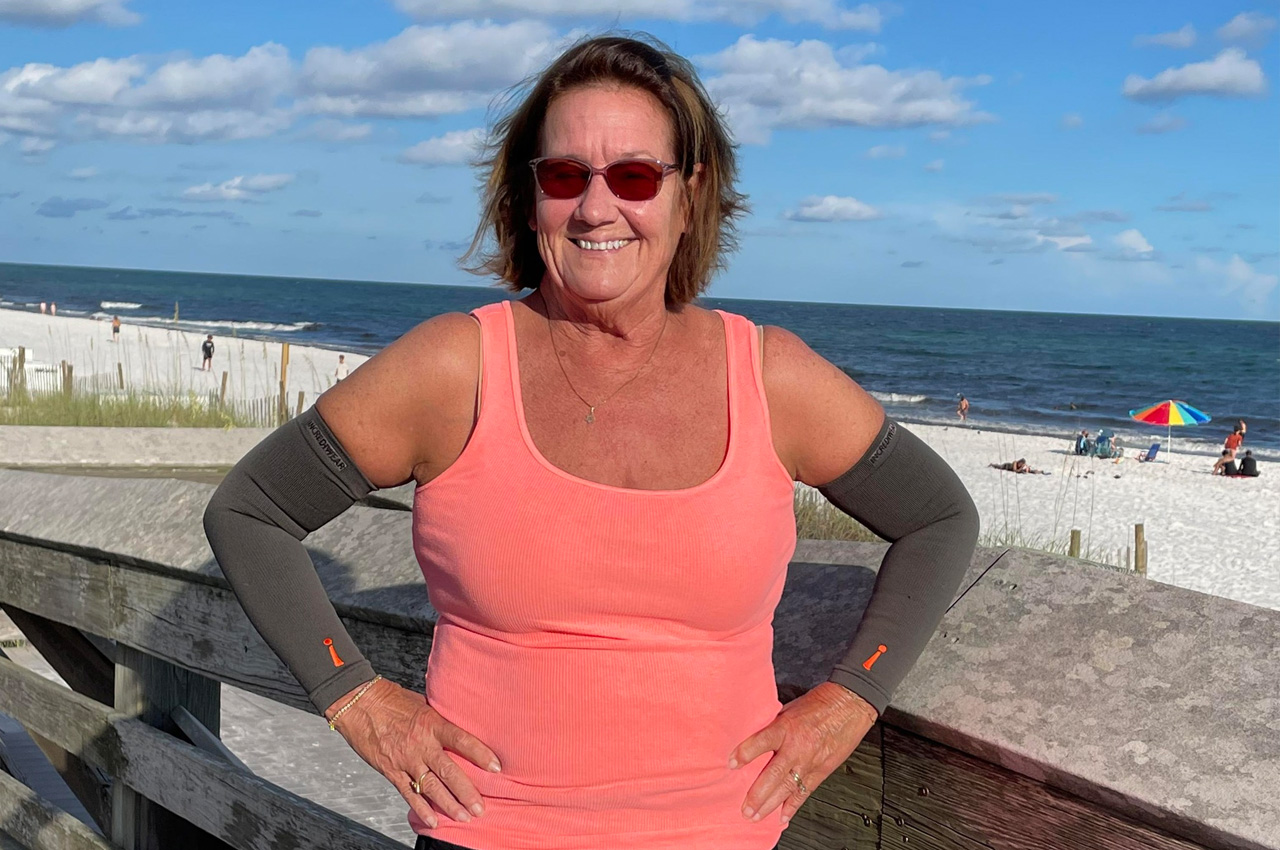Today, February 29, 2024, marks Rare Disease Day, an internationally coordinated effort to raise awareness about rare diseases and promote equity in access to treatments.
- Rare diseases are those that affect a relatively small percentage of the population. There are over 6,000 identified rare diseases worldwide, many of which have a genetic origin.
Regardless of the cause, people living with rare diseases face substantial challenges. These include difficulties obtaining an accurate diagnosis, finding medical providers familiar with their particular illness, and accessing appropriate treatments. Rare Disease Day aims to call attention to these issues and advocate for the rare disease community.
Brenda Fregger knows those challenges all too well. The Fort Walton Beach resident spent six painful years searching for a diagnosis after developing mysterious symptoms in her mid-30s.
- “I was born with a rare gene called HLAB27 that laid dormant until my 30’s,” Fregger explained. “This gene causes severe inflammation that spontaneously and randomly tears my tendons and cartilage.”
After being examined by five different physicians, including three top specialists in rare diseases, Fregger finally received a diagnosis: an extremely rare inflammatory connective tissue disease so unusual it doesn’t have a formal name in medical literature.
“My disease is not life threatening; it is severely life altering,” said Fregger, whose husband Michael Fregger owns Family Eye Care in town.
For Fregger, her illness meant enduring 14 orthopedic surgeries to repair her deteriorating joints, in addition to an intensive treatment regimen of 17 pills a day, weekly chemotherapy injections and monthly IV infusions to suppress her inflammation.
The chemotherapy in particular, causes Fregger to battle intense nausea, vomiting and other flu-like side effects for days at a time. She also participates in experimental stem cell and platelet-rich plasma procedures in hopes of regenerating her damaged cartilage.
Despite the debilitating symptoms and harsh drug protocols, Fregger considers herself fortunate compared to others with rare diseases. She credits her relentless optimism and self-reliance in the face of long odds.
- “I never thought about what I couldn’t do!” said Fregger. “I had to teach myself how to function differently.”
Whether that meant learning to drive with her left foot, becoming adept with using her left hand or figuring out how to carry things and open doors while on crutches, Fregger remained fiercely independent and defiant in the face of her disease.
She also rejected the grim prognosis offered by one of her early physicians: that she’d spend her 50s confined to a wheelchair, sustained only by steroids, pain pills and antidepressants.
- “Absolutely not, that will not be my future!” Fregger remembered thinking after receiving the devastating prediction. “I refused to accept that prognosis.”
Today, she 15 years past the predicted arrival of the wheelchair.
“I’m healthy and strong, my life is full and happy, full of love, joy and hope,” Fregger said, “and in every other way, my life is completely normal!”
A large part of that normalcy stems from the support Fregger receives from friends and family, including husband Michael, as well as patient advocacy groups dedicated to rare disease causes. She stressed that even small gestures to let those suffering know you’re thinking of them can provide a vital morale boost.
- “People feel helpless, they don’t know how to help someone or even what to say,” Fregger said. “The most meaningful way to help is to just be there for them, tell them you’re thinking about them − it truly means so much more than you realize!”
As for her advice to others facing their own rare disease diagnosis, Fregger emphasizes an almost Zen-like acceptance of one’s circumstances as the path forward.
“You have to learn to accept what you have, you can’t change it so you have to learn to live the best life you can!” she explained passionately. “You can be lost in self pity and watch your life fade away, or you can get up and enjoy everything you can.”
Fregger also continues to share her story during Rare Disease Awareness events as a way to educate the public and promote more inclusion for rare disease patients within the healthcare establishment.
- “We need to have more courses in medical schools on rare diseases, we need more specialists,” she said. “We need research! We need to work with the FDA to approve off label use of medications and treatments!”
Without raising awareness and promoting change, Fregger stresses that people with rare illnesses have little hope of leading normal, fulfilling lives.
“By publicly talking about it, we create a ripple,” she said. “The more we talk the bigger the ripple becomes and then it turns into a wave!”

